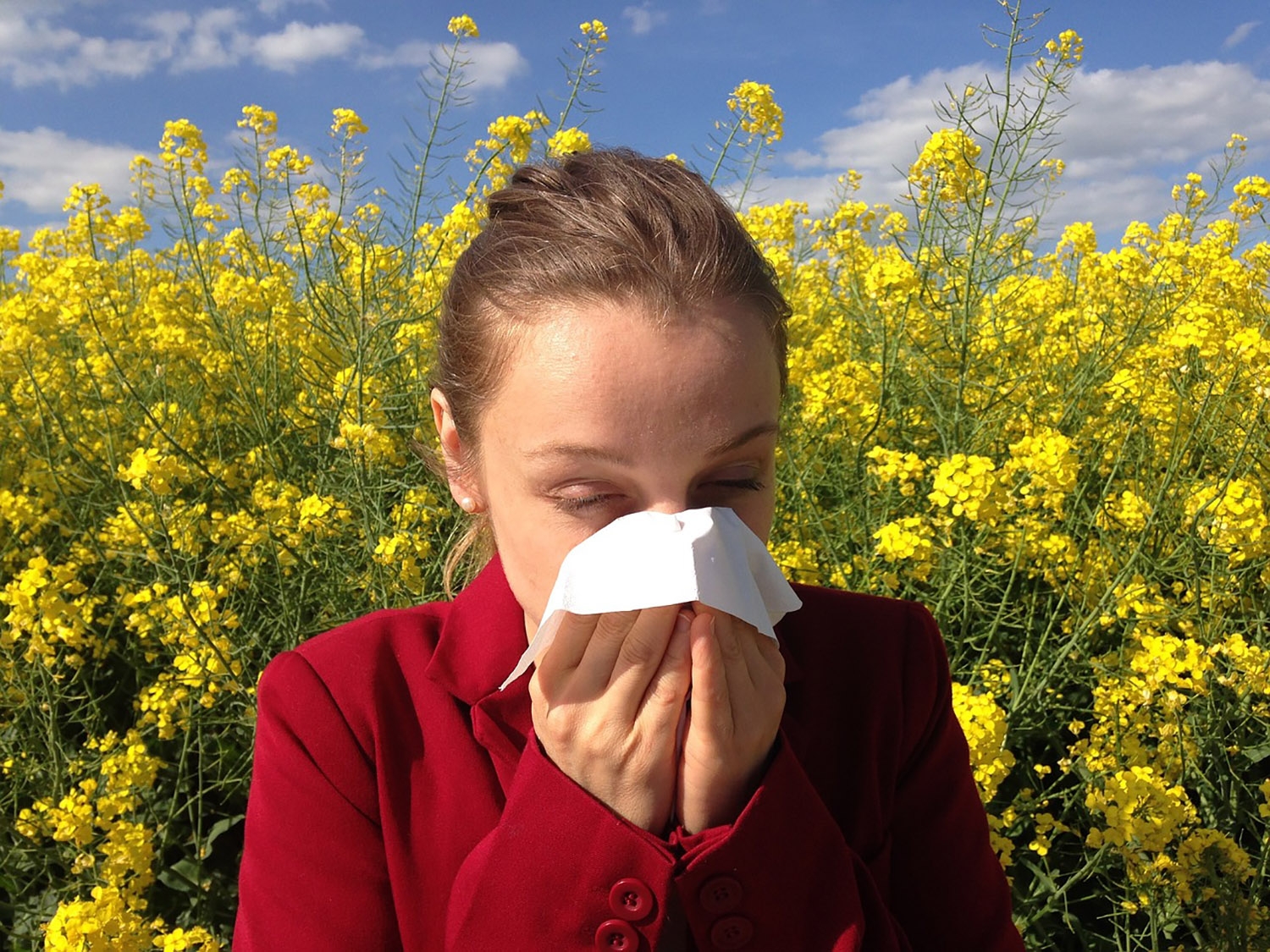
Outdoor versus indoor allergies
It's officially spring, full of warmer weather, longer days and seasonal allergies. Allergies are the second most common minor ailment pharmacists get asked about, which isn't too surprising given almost a quarter of Canadians are affected.
There are two main causes of allergy symptoms — indoor and outdoor triggers. Symptoms can be similar, but it's important to remember allergies are caused by different sources and should be managed differently. Here are some of the main triggers of indoor allergies to be aware of:
Dust. Made up of any number of things, including particles from plants, skin, soil, insects, food and other fibres, dust is a major headache for allergy sufferers. Any one of these microscopic substances could cause irritation.
Dust mites. Dust mite droppings are the most common trigger of indoor allergy symptoms. Keep in mind that dust mites tend to concentrate in areas rich with human dander such as bedrooms, carpets and bathroom rugs.
Mould. Once mould and mildew take hold, they release tiny spores that can trigger indoor allergy symptoms.
Pet dander. This allergen is caused by a tiny protein in your pets' saliva. Even homes without pets are susceptible to dander because it's sticky and light and clings to clothes, shoes and hair, getting tracked inside.
“While there is no cure for allergies, the best way to handle them is to identify your triggers so they can be managed,” says Victor Wong, a pharmacist at Shoppers Drug Mart. “Grooming pets, cleaning, and lowering your home's humidity are all great ways to minimize symptoms of indoor allergies. If they persist, treatment is always an option. Your local pharmacists can evaluate your symptoms and help find the appropriate solution to relieve them.”
Pharmacists are trained to assess your health condition and help provide the most appropriate treatment option for you. Your pharmacist may start by recommending over-the-counter medications or products. In all provinces except British Columbia and Ontario, pharmacists can prescribe for minor ailments, so if appropriate, your pharmacist can even write you a prescription for your allergies.













